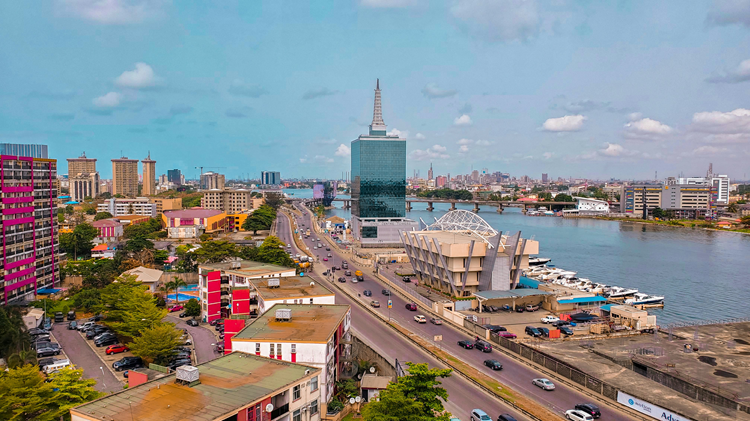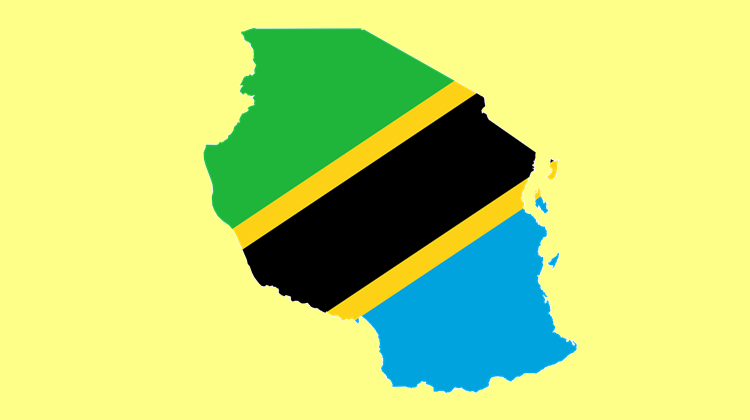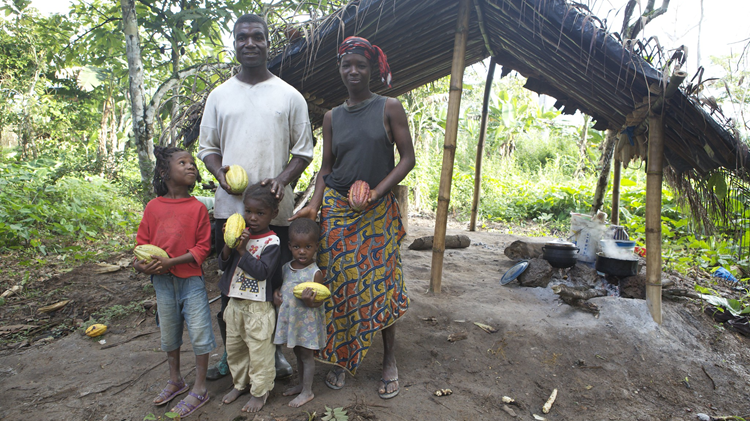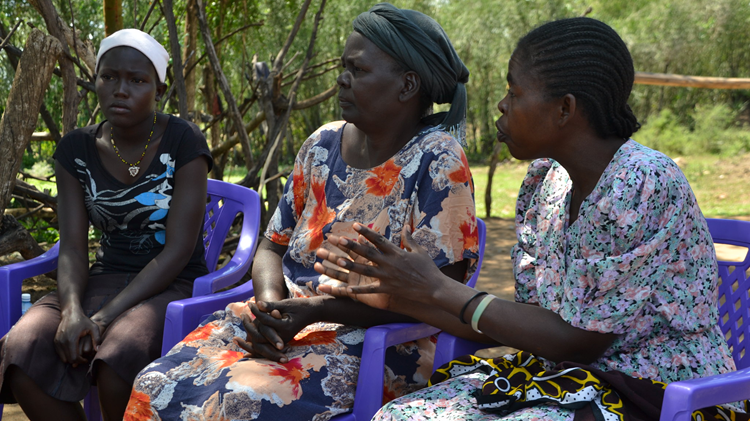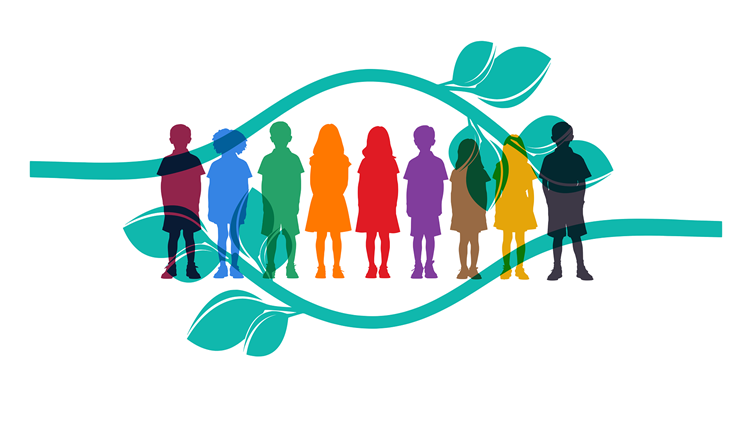Africa's stakes are high in the Summit of the Future
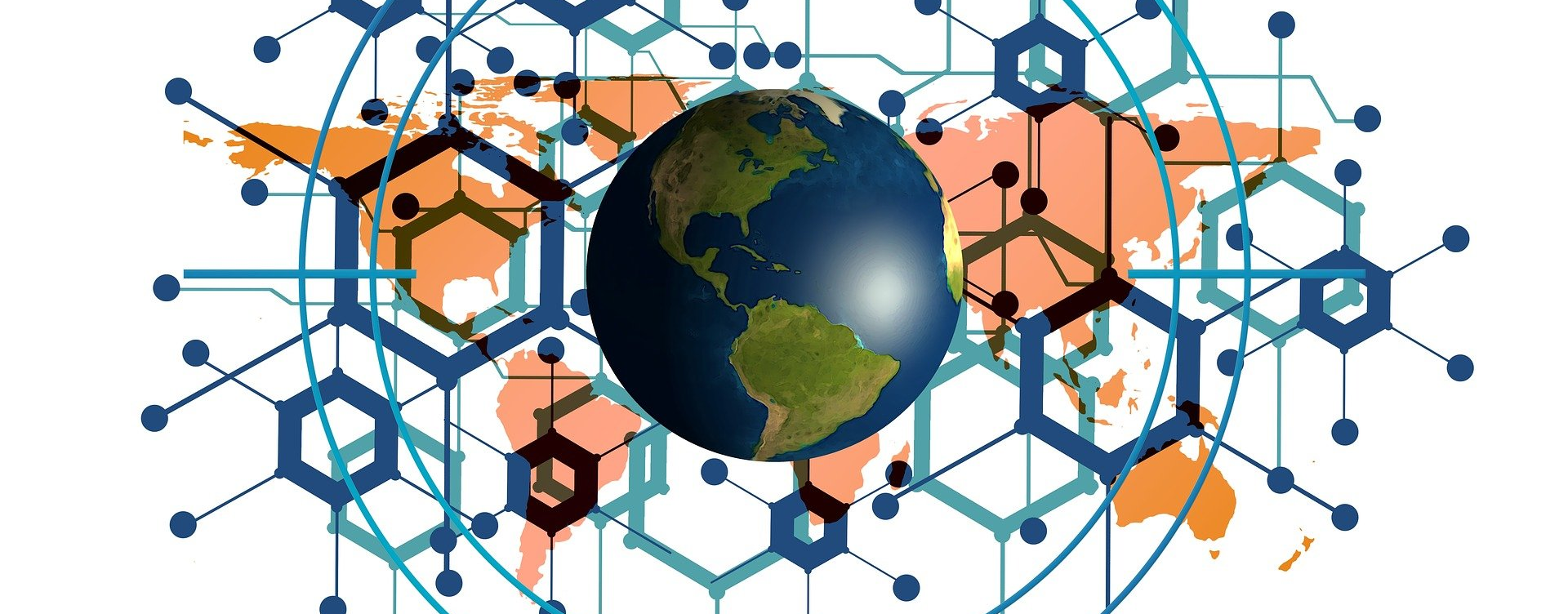
Consolidating peace in Africa benefits from securing concrete commitments from the Pact for the Future.
The stakes are high on the gathering of world leaders as they meet in New York for the Summit of the Future (SoTF) in September 2024. It is an opportunity to negotiate a new deal on global governance. UN watchers consider the SoTF one aiming to stop the rot, given the UN's inadequacy in dealing with conflicts worldwide, tackling economic inequality, and mitigating the adverse effects of climate change.
The summit faces simultaneously high expectations and significant scepticism in delivering its promises.
Perhaps nothing captures the high hopes for the SoTF better than Secretary-General António Guterres's depiction of the gathering as a once-in-a-lifetime opportunity to reinvigorate global action, recommit to fundamental principles, and further develop the frameworks of multilateralism so they are fit for the future.
At the same time, the summit's timing is harrowing as trust—the cornerstone of international cooperation—is at its lowest since the end of the Cold War. Yet, Africa has a unique stake in the summit to bolster its peace and security management, strongly indicating the need for more active engagement in adopting and implementing the Pact for the Future.
Africa has a unique stake in the summit to bolster its peace and security management
Fixing multilateralism: Recommit to existing pledges, rebuild trust, reignite old debates
The SoTF is born out of the recognition that the current global governance structure is not fit for the complexities of the 21st century—be it climate change, rising conflicts, cybersecurity, or heightened geopolitical tensions. The SG’s report, "Our Common Agenda," was prepared in this vein, emphasising the need for a comprehensive reform of the multilateral system and laying the foundation for the convening of the SoTF.
The summit is intended to be a global platform where UN Member States will gather to forge a new deal to enhance international cooperation to better respond to current and emerging challenges in global governance.
The SoTF is expected to adopt an action-oriented outcome document called the Pact for the Future, which member states have been negotiating since the release of the zero draft in January this year. While the negotiation process is primarily intergovernmental, civil society actors and other stakeholders have also had a chance to contribute to it, including through the CSO Conference organised by the UN.
The Pact contains several key aspirations and objectives that align with the broader goal of revitalising multilateralism and international cooperation. Through its five chapters, it covers a range of issues, spanning sustainable development and peace and security to science and technology, youth and the new generation, and transforming global governance.
The SoTF is significant for several reasons and takes place at a pivotal time.
Firstly, it aspires to renew commitment to fundamental principles and global shared values, including the SDGs, Human Rights and climate action. While many of these aspirations have been addressed through multilateral platforms and policy documents, the slow progress towards attaining these goals and the stark regressions witnessed in upholding some of these principles exposed the glaring gap between commitment and implementation.
Secondly, the SoTF represents a watershed moment for reestablishing faith in multilateralism and international cooperation amidst unprecedented geopolitical division and competition.
The ongoing negotiations around the Pact indicate that a broad range of UN Member States are keen on engaging in conversations about global governance to establish a more inclusive, effective, and credible multilateral system that mirrors current realities. The lack of a credible alternative platform for such a broad discussion further strengthens the case for the summit.
Furthermore, the SoTF offers a chance to reignite key debates on long-standing calls for reform of the global governance structures, primarily the UNSC and the international financial institutions (IFIs).
Considering the changing security landscape, the summit also offers an opportunity to address new and emerging issues and threats and further develop existing frameworks, including curbing the adverse effects of emerging technologies.
Why does the SoTF matter for Africa's Peace and Security Governance?
Amidst competing priorities, the Global South has been pushing for a deal focusing on economic cooperation. Equally important for Africa are the possible gains from the SoTF for the governance of peace and security in the continent. AU Officials affirm that the AU regards the New Agenda for Peace, the foundational document behind the SoTF, as a crucial opportunity to recalibrate the global peace and security architecture with a greater emphasis on conflict prevention.
One essential contribution of the summit will be to reignite the discussion on the UNSC reform and further Africa's demands for voice and representation in the council. The last version of the Pact for the Future peculiarly recognises Africa's long-standing quest. It entails specific framing that pledges to 'Redress the historical injustice against Africa' and treat 'Africa as a special case' as part of the broader efforts to improve the representation of the underrepresented and unrepresented regions and groups, such as Asia-Pacific, Latin America, and the Caribbean.
While the Pact for the Future is a document with a global aspiration, its emphasis on Africa under the international peace and security chapter is equally worth noting.
Two provisions of the Pact for the Future single out Africa as a region and the AU as a regional organisation. The first refers to support for enhanced collaboration between the UN and regional and sub-regional organisations, particularly the AU.
The second refers to the pledge to adapt peace operations to better respond to current and emerging challenges. One of the commitments acknowledges Africa's demands to ensure adequate, predictable and sustainable financing for AU-led peace support operations mandated by the Security Council as agreed upon on 21 December 2023. The resolution came against a backdrop of deepening debate on the future of UN peace operations in Africa, which has entered a state of crisis, contestation, or at least transition.
If endorsed by the SoTF, these pledges will have practical implications for the continent's peace efforts, enhancing their timeliness, efficiency, and effectiveness.
As a starter, Africa's presence at the decision-making table is instrumental in furthering its inclusion in the deliberation of peace and security matters of the continent, a major preoccupation of the UNSC compared to other world regions.
The summit could also inspire similar discussions to rekindle the debate on Africa's collective security mechanisms, which have become increasingly out of sync with the current conflict landscape. Rather than treating the summit as an exclusively UN process where Africa has a limited role and dividends, the AU and its member states could leverage this unique moment to generate momentum in similar African initiatives such as Silencing the Guns and adaptation of the various aspects of the African Peace and Security Architecture.
The Pact emphasises the need for a clear political strategy as a key principle to guide peace operations. This resonates strongly with many of the peace efforts on the continent. Various deployments in the Sahel, Somalia, Mozambique, DRC, etc., have struggled, partly because they have not been accompanied by political processes to ending the crises.
It is important to have a long-term view of the SoTF rather than seeing it as a one-off engagement. It should be seen as a crucial process that sets in motion significant transformations down the road.
The Summit of the Future should be seen as a crucial process that sets in motion significant transformations down the road
Beyond the SoTF, African stakeholders must be clear-eyed and focused on implementing specific and selected commitments. One critical avenue will be translating the political commitment around UNSC reform into tangible political and institutional processes, including Intergovernmental Negotiations. Ensuring key commitments around the reform of the IFIs are implemented, and financing commitments to SDGs and climate change are fulfilled should also be among Africa's priorities.
Engaging deliberately and strategically is key in specific ongoing and follow-on processes, such as reviewing UN peace operations, the UNSC working methods, and the UN peacebuilding architecture, to advance Africa's peace and security priorities in these critical platforms.
Image: geralt/Pixabay


